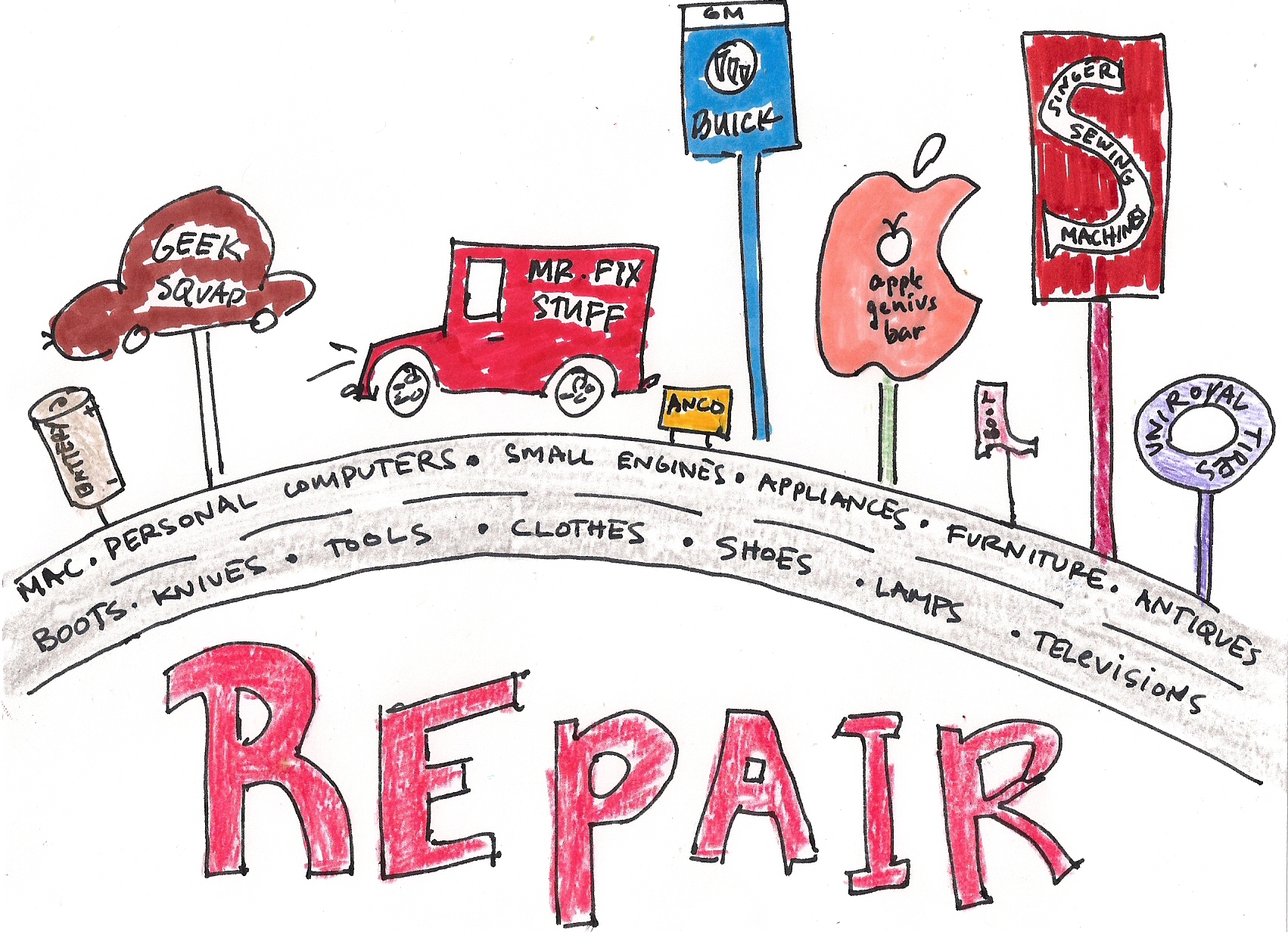
The Repair and Parts Business Offers Great Margins and Improved Customer Relationships
According to recent news reports, consumers are apparently buying clothes they like in three colors, instead of trying out new styles. This is old school. This is a big change.
It’s the same philosophy that is driving the re-launch of Anderson-Little as a web-based seller of blue blazers. Not only is the price right, but the tailoring and materials are perfect. As they say, a good blue blazer is an investment.
In the last week, I ran across the group Retail Anarchy, a group who is totally into anti-consumerism through the lens of consumerism. They are dishing out coupons, buying locally and cutting down on what they buy. This is not the anti-consumerism of the Walmart haters; this is a different tack altogether, much more akin to Amy Dacyczyn of The Tightwad Gazette. This is about gaining good quality merchandise, shutting down crappy sales help, and beating stores at their tricks like rebates. Their YouTube videos show how to legally game the coupon system, the sort of segment that might have been the subject of a Donahue! show back in the 1980s (you know the segments; family goes to Kroger and gets a weeks worth of groceries for $14).
Also in the last few weeks, I saw a common thread. Folks fixing things:
- At our local Toyota dealer, customers were packed in the service lounge, watching Judge Joe Brown and injury lawyer ads. The showroom was empty, save the salesmen. But we were all getting our oil changed, by golly.
- At the local Chevy/Buick/Pontiac dealer, customers were lined up in the morning at the service area, but the salesmen were puttering about in the parking lot trying to sell Chevy trucks for $38,000. I mean please, get real.
- At Advance Auto Parts (NYSE: AAP), a guy with a late 1990s Mercedes was buying parts.
- At Circuit City (just before announcing a shutdown), folks were lined up to get Firedog computer service.
- At Apple, the Genius Bar is always busy. Take a lesson from Apple, which offers appointments to bring in Apple products for service. Apple even offers monogramming. Yes, monogramming.
Value. Value. What makes goods valuable? Only a few years ago, if an $89 lawn mower broke, you just bought a new one at Lowe’s. At one time, I somehow ended up with three lawn mowers, only one of which worked. The reason was simple. It made no sense to spend $50 to get a mower fixed when a completely new one, with a new blade and new oil was $40 more.
But when times are tighter, if you can get by with a $40 repair, you would certainly save $40 bucks. Plus, in tight times, it is often not what you are actually spending but what you THINK you are spending that is important. So wasting $89 for a new mower feels more like a waste in a downturn. In addition, with more people under-employed, they have more time to take items to repair shops. Still, I don’t know, even now, where I could get a lawn mower fixed cheaply and quickly and without detective work.
Service is a smart branding asset in a downturn. Your wealthy customers love it (it’s all about quality workmanship and time), your retired folks are inspired by it (reminds them of olden days) and young customers will think it’s all new and totally green!
There is much potential in this change in philosophy. Who could be the beneficiaries?
- Department stores often have tailors on site for two days a week. Why not brand your tailor service. Promote your tailor, not only for hemming and tailoring, but custom designs? And what other departments can offer service, perhaps with leased operations?
- Many jewelry stores have great skills at settings and repair. Promote it. I never know which stores do which service; who does great jewelry work is often insider community information, passed in secret from woman to woman.
- Ford has apparently been pushing its dealers to continue to improve its dealers’ repair departments. I am sure this is the case at GM. Strangely, I think it is Chrysler dealers who have the most potential here; their cars are crappier, and yet they have a number of models, including the minivans, that were made for years with essentially the same styles. This means that a clever Chrysler/Dodge dealer could essentially rebuild minivans and pickups for families and tradesmen.
- Our local Jo-Ann Fabrics sharpens knives for free; most supermarkets and kitchen stores do it too. It gets folks in the store, and talking to the sales help intimately. Is there some service your store can offer for free?
- Whatever your retail store is involved in (sewing, vacuums, shoes, clothing, brass, jewelry, phones, printing, gifts), offer classes or repairs. If you are a liquor store, offer bar-tending classes. If you are a telecom store, offer lessons on the latest gadgets. And every type of retail store ought either offer repairs or know where it can be done. Singer shops do sewing classes and grocers do cooking, but there is so much more potential.
- Deliver goods to folks at home. If you can afford to send a salesman by a customer’s house to deliver a microwave, do so. Getting in people’s houses means you can sell them more things. “You know, that microwave is nice, but if you wait til summer, we might get you a deal on a new fridge!”
- Push parts. It has been years since I have seen a wiper rack at a gas station. Why is it that this business moved to Wal-Mart? Last week, my cousin was going to fix his broken dryer but had no clue where he could find the parts. A tiny part might sell for $10 bucks with more than 100 percent margins, when the original appliance sold for no markup.

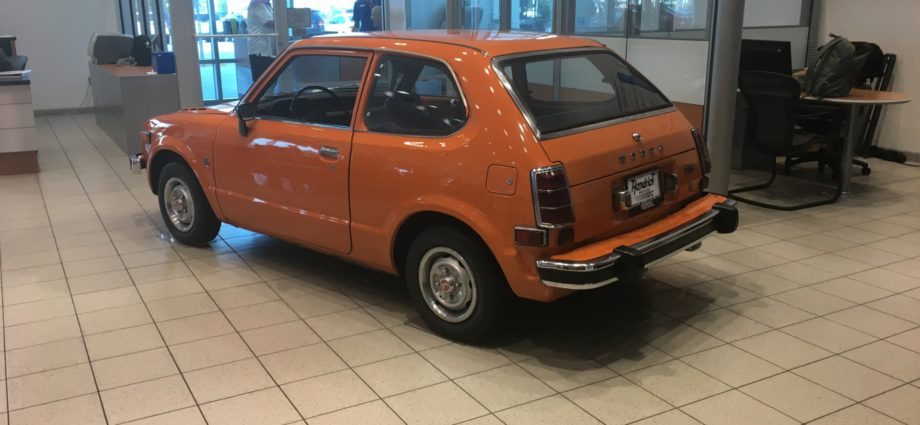
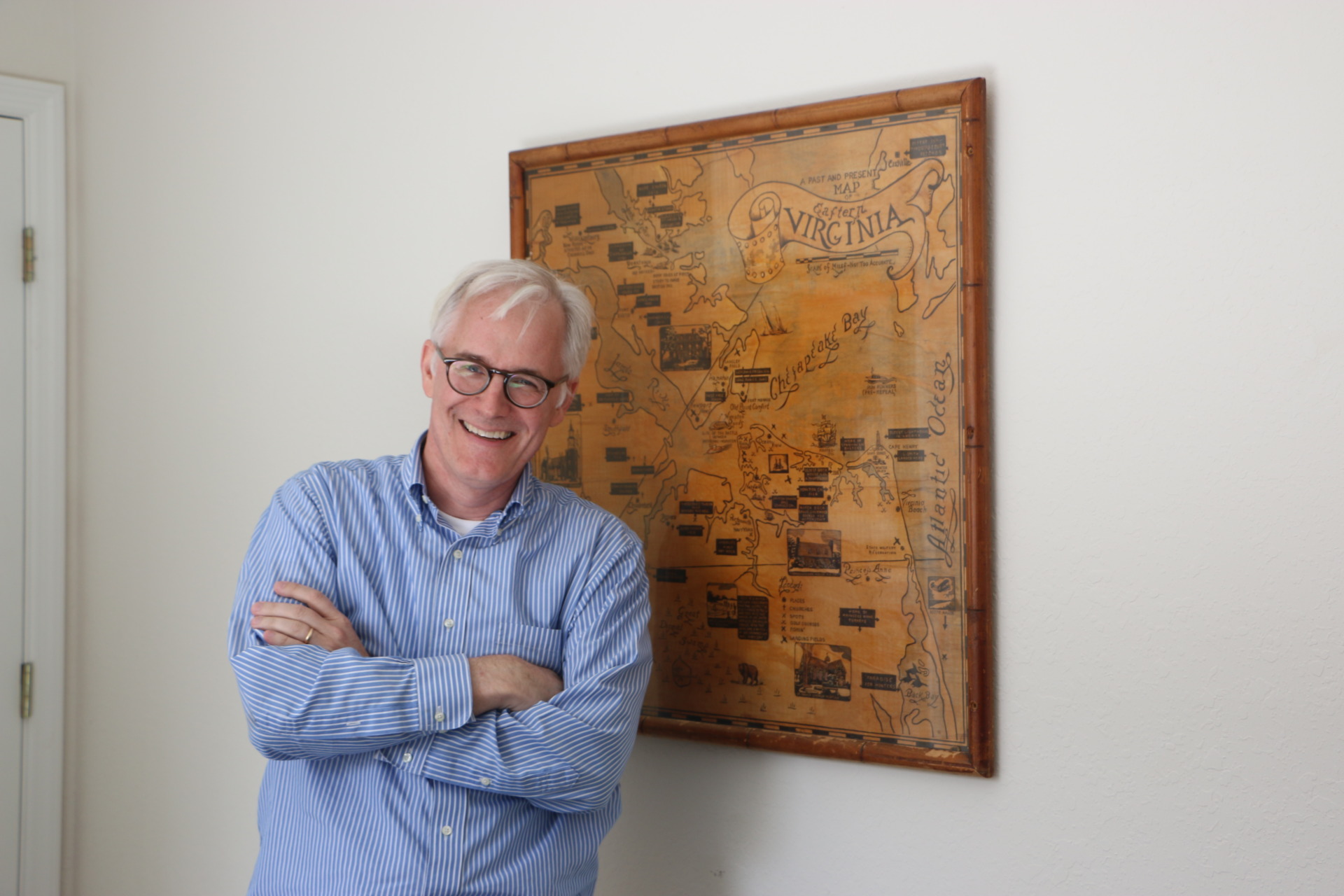
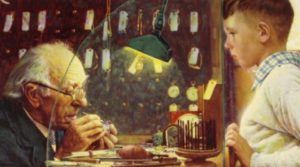
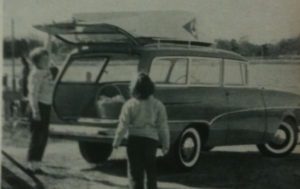
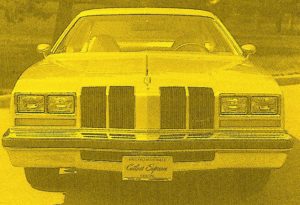
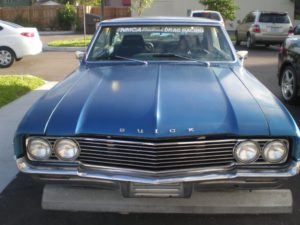
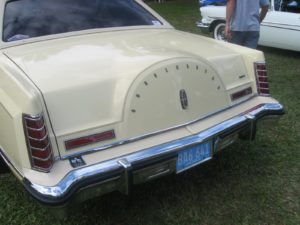

Thanks for the great article!